The measures include deferring debt payments to farmers, cutting electricity prices, raising the minimum wage and providing subsidies to all Thai adults through digital wallets.
According to Reuters, the Thai Prime Minister made the above information at a forum organized by domestic media on September 18.
Mr. Srettha also spoke on a range of other topics including the impact of El Nino on the rice powerhouse’s second harvest of the year, as well as the need to explore alternative crops, explore new agricultural markets in Africa and the Middle East, and expand free trade agreements.
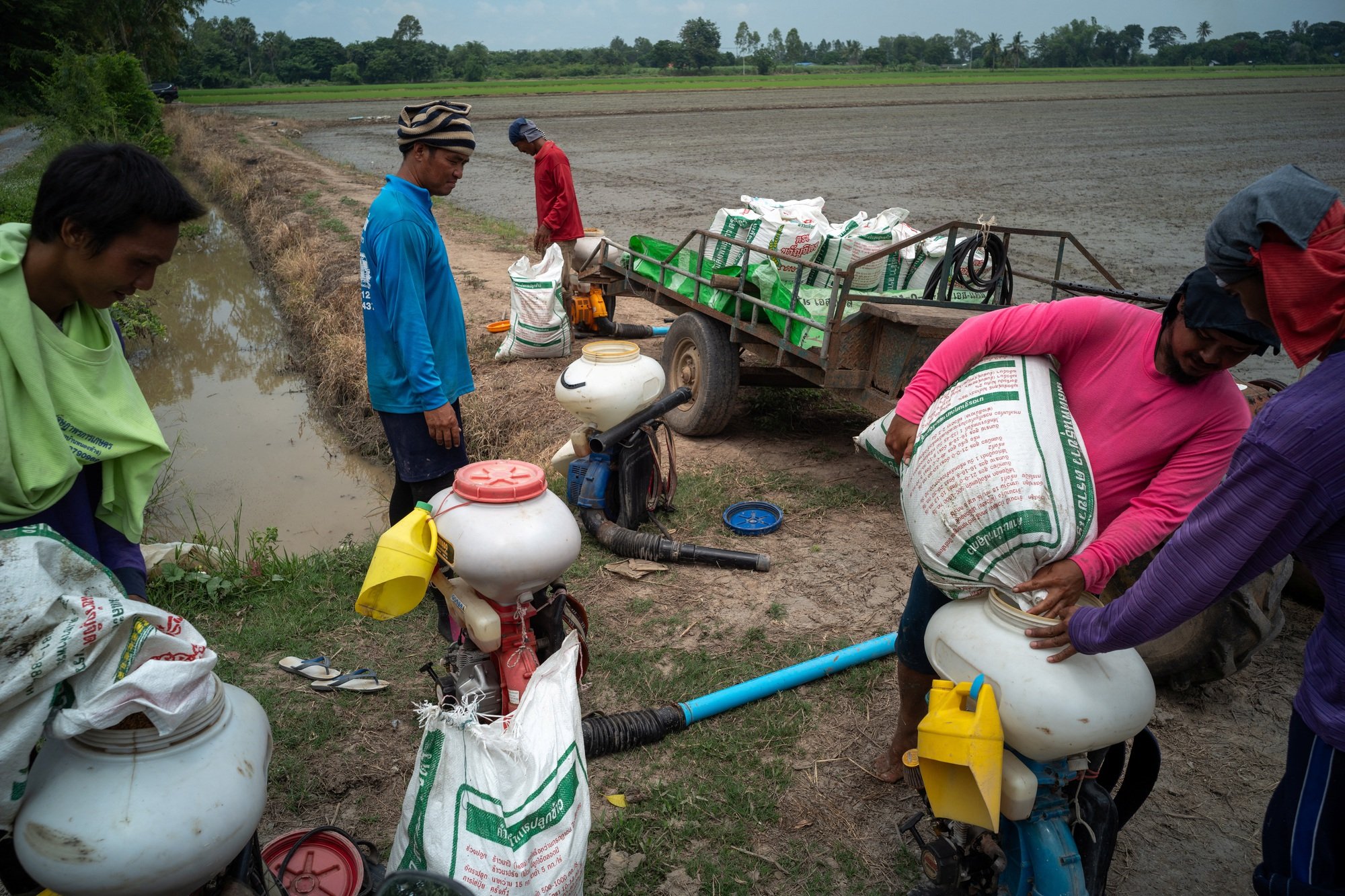
Thai farmers prepare to sow rice in Chainat province in late August Photo: REUTERS
On the same day, Thailand's new cabinet approved a 3.48 trillion baht ($97.64 billion) spending budget for fiscal year 2024, according to Deputy Finance Minister Julapun Amornvivat. This revised budget is higher than the 3.35 trillion baht budget approved by the previous government.
The budget increase is due to the new government's desire to revive an economy that has been slowing due to weak demand for Thai exports and low investor confidence.
Southeast Asia's second-largest economy is expected to grow by about 1.8% in the April-June period of 2023. Thailand's Finance Ministry said earlier this month that the country's economy is expected to grow 2.8% this year, lower than the ministry's previous forecast of 3.5%.
However, in a statement on September 18, Prime Minister Srettha expected a much higher target of about 5% annual growth.
Source











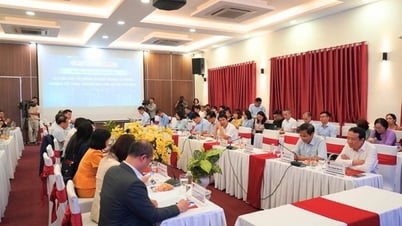
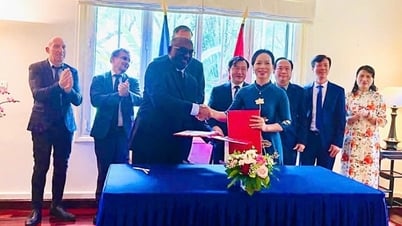

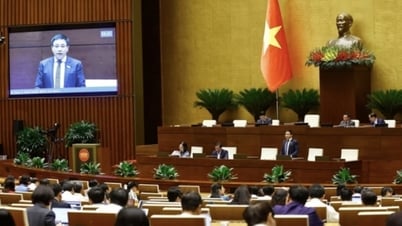






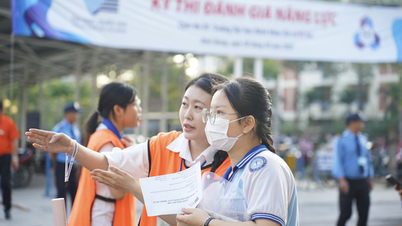





































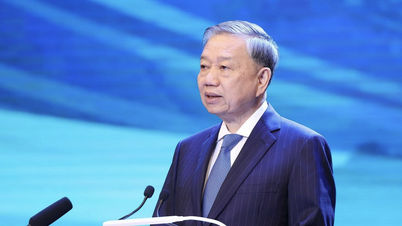


































Comment (0)